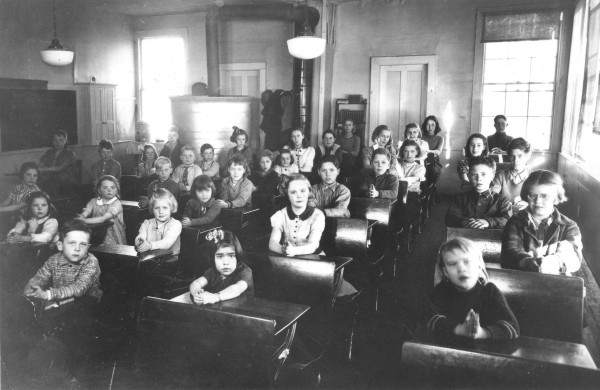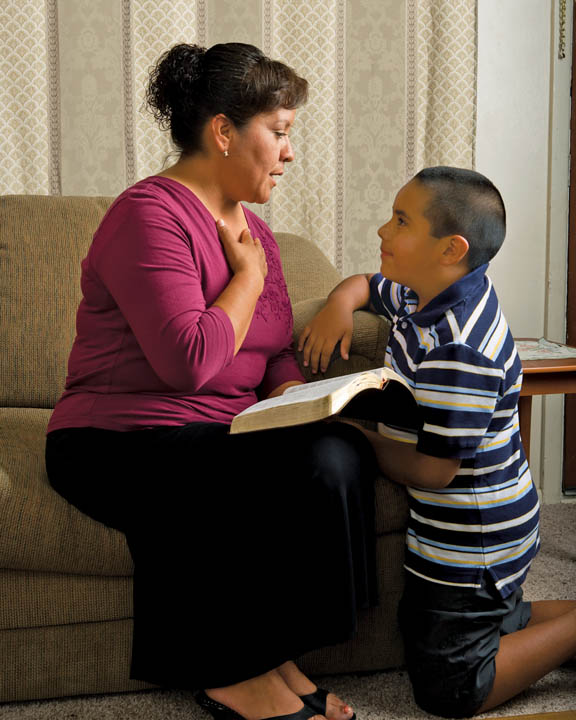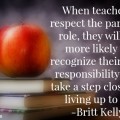Almost 200 years ago public education became a practical goal in the United States. The purpose was to teach children, especially poor children, whose parents were not equipped to do so. Rich families were already educating their children with tutors, their own libraries and sharing their own knowledge, secure in their own education. The entire focus of public schools was to help lower class children.
We still all want education for everyone. We want every child to learn what they can with a vast majority to be able to read, write and understand enough math, science and history to function well in society.
Our current system of education relies on two things that directly punish lower income children and families in crisis: homework and standardized testing. I’ve discussed homework before. Now, in March, it’s the perfect time to discuss standardized testing.
Standardized testing is affected by whether you sleep well and what you eat for breakfast. Who is more likely to be able to plan around their day so their child to get the sleep they need? What about the single mom who is working and late that night to get the kids from a sitter? That affects her kids’ test scores. Two working parents, or a stressed family who throws cold cereal on the table as they run out the door to get everyone where they need to be? Those children run out of energy in an hour or two, and it affects test scores. What children need before testing is whole grains, protein and fresh fruits. Who is more likely to be able to afford and manage that on any given morning?
Do you see a problem? Healthy eating gives students the energy and strength to focus all day. Our testing is affected by what we eat, which is generally affected by economics. Testing is challenging the very parties we say we want to help! We are judging the success of teachers partially based on whether their students can eat and sleep well at home.
Testing adds stress to everyone. Some schools add stress in different ways. One school attempted “incentives” giving out gift cards to children who were on time, participated in testing and performed well. One school we lived by put up a sign “good test scores are good for economics!” Dear elementary school child…whether or not your parents can pay the mortgage rests on your test scores…no pressure!
For many of these small towns, the school district is the major employer for the town. The district earns money from the federal government based on test scores. It is literally true that in our current arrangement, how your darling 9 year old does on their tests can affect the local economy!
If your child does get stressed from testing, who is in the best situation to help? The already-stressed family? Financial difficulties are stressful.
Every family has stress. Every child deals with stress differently. A child eating perfectly, sleeping fabulously, loved and secure, might be sensitive to stress. Some parents are better than others at helping their children with stress. It helps if the parents aren’t overly stressed themselves! It helps if the parent can afford to take the day or days off, and keep their child home if necessary or give the child more support during that time. That is far different than the options of a financially struggling family. Opting out is a difficult option to take when there aren’t options for the child’s care.
Teachers can mitigate a small part of the stress. Many teachers do this beautifully! But sometimes administration has heaped so much stress on the teacher, it’s difficult. Governor Cuomo, for example, has proposed that teacher evaluations in New York should be 50% student test scores! I’m not sure how this applies to teachers who don’t teach subjects traditionally tested on, or what they do when the test can be changed from year to year, or how it relates to community issues or life situations that may affect a student or many students performances. I’m not sure how this encourages the teacher to do anything but teach to the test.
Some parents are choosing to opt out of testing…when the district hasn’t figured out ways to make it mandatory while still dancing around the illegality of such requiring the testing.
Some parents have children who test well and deal with the stress well.
Some parents have children who do NOT test well and are encouraged to keep their children home sick. (really!)
Some parents end up pulling their children from school permanently due to testing stress.
Most parents can mitigate any stresses revolving around testing. Should they have to? Should parents who are struggling already have this additional stress? Should students who are struggling with major issues at home have this additional stress?
As parents we can feed our children well during test week, try to simplify our lives outside of school, and be sensitive to how our children react to stress and how they de-stress (art, exercise, time with friends, time alone, talking it out…).
We can also talk with our children about all of their best qualities that no multiple choice test will ever measure: loyalty, love, friendliness, creativity, independent thinking, problem solving, faith, helpfulness, kindness, hard work, and the many skills the many things that make them unique.
Hopefully all children get that interaction whether they are testing or not. Ideally all children could be prepared for testing.
But we all know that is an ideal and not reality. In reality, the exact group of children that public schools were created to help are the children that are most hurt and pushed behind by standardized testing.
About Britt Kelly
Britt grew up in a family of six brothers and one sister and gained a bonus sister later. She camped in the High Sierras, canoed down the Colorado, and played volleyball at Brigham Young University. She then served a mission to South Africa.
With all of her time in the gym and the mountains and South Africa, she was totally prepared to become the mother of 2 sons and soon to be 9 daughters. By totally prepared she means willing to love them and muddle through everything else in a partially sleepless state. She is mostly successful at figuring out how to keep the baby clothed, or at least diapered, though her current toddler is challenging this skill.
She feels children naturally love to learn and didn’t want to disrupt childhood curiosity with worksheets and school bells. She loves to play in the dirt, read books, go on adventures, watch her children discover new things, and mentor her children. Her oldest child is currently at a community college and her oldest son is going to high school at a public school. She loves to follow her children in their unique paths and interests.
She loves to write because, unlike the laundry and the dishes, writing stays done. Whenever someone asks her how she does it all she wonders what in the world they think she’s doing.
Twitter •









